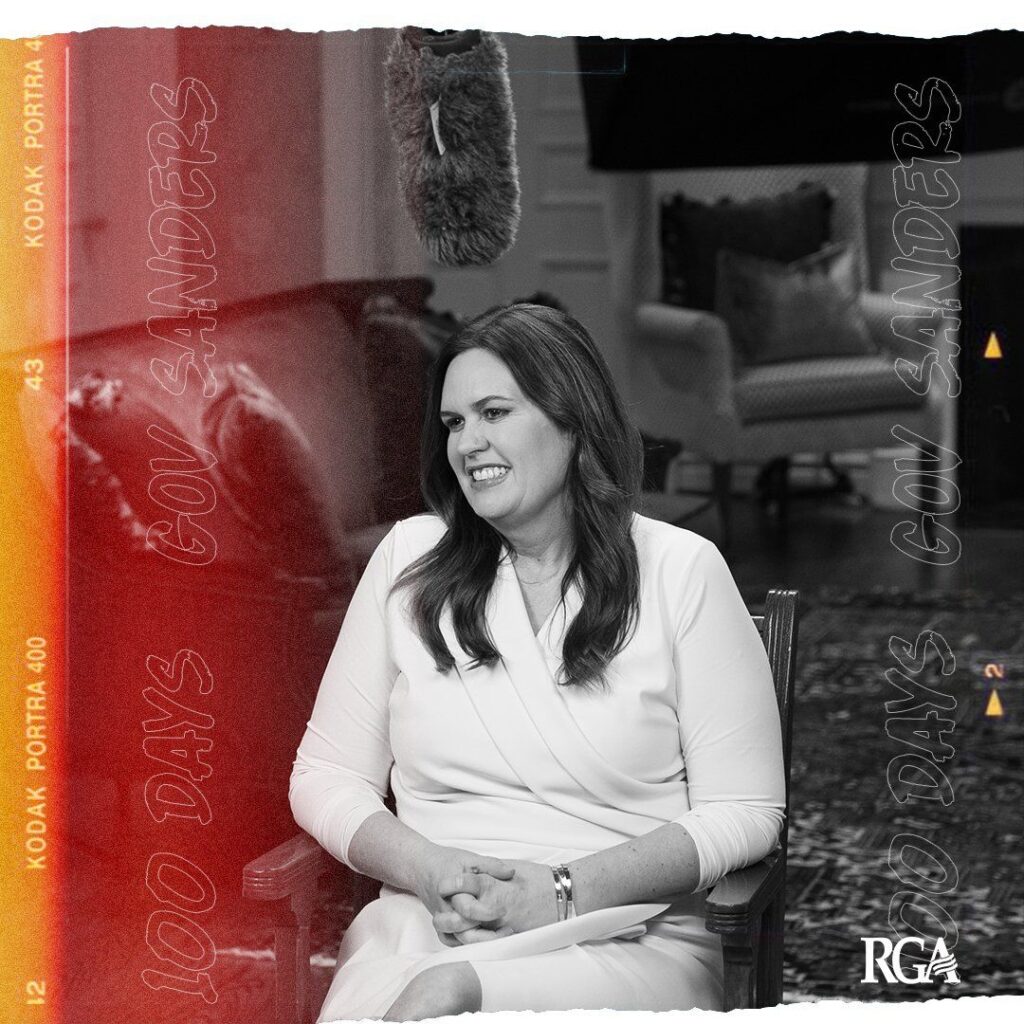Introduction:
Brands and advertising have a powerful influence on our culture and social norms. Recently, two campaigns have sparked controvercy and raised important questions about the role of advartising in promoting inclusivity and authenticity. In this article, we will explore the Budweiser “Be A King” campaign and its partnership with Miz Cracker, as well as the Sarah Huckabee Sanders‘ “Real Women Don’t Have to Fake It” campaign and the criticisms it has faced.

Budweiser’s “Be A King” Campaign and Partnership with Miz Cracker:
The “Be A King” campaign by Budweiser seeks to promote a message of empowerment and authenticity. The campaign features Miz Cracker, a prominent trans influencer and drags queen known for her bold and colorful style, as a spokesperson. Miz Cracker’s message of self-expression and individuality aligns with the campaign’s goals.
Controversy Surrounding the Partnership:
Despite the positive message of the “Be A King” campaign, the partnership with Miz Cracker has faced backlash from some who view her involvement as promoting a “lifestyle” that is contrary to their beliefs. Some have even called for a boycott of Budweiser over the partnership. This has sparked debate about the role of brands in promoting social issues and the importance of inclusivity in advertising.

Sarah Huckabee Sanders’ “Real Women Don’t Have to Fake It” Campaign:
Former White House press secretary Sarah Huckabee Sanders recently launched the “Real Women Don’t Have to Fake It” campaign, which seeks to promote the idea that women don’t need to pretend to be something they’re not in order to succeed. However, the campaign has faced criticism for its narrow definition of what it means to be a “real woman.”
Criticisms of the Campaign:
Many have pointed out that the “Real Women Don’t Have to Fake It” campaign ignores the experiences of women who don’t fit traditional gender norms or who have faced discrimination and challenges because of their gender identity. The campaign has also been criticized for promoting the idea that there is only one way to be a “real woman,” which can be harmful and exclusionary.
Reflections on the Importance of Inclusivity and Authenticity in Advertising:
These campaigns highlight the ongoing struggles for equality and acceptance faced by marginalized communities, particularly the LGBTQ+ community. The controversy surrounding Budweiser’s partnership with Miz Cracker and Sarah Huckabee Sanders’ campaign illustrates the need for ongoing dialogue and understanding to promote a more inclusive and accepting society. Brands have the power to influence culture and social norms, and it is important that they use this power in a responsible and thoughtful manner.
Conclusion:
In conclusion, the Budweiser “Be A King” campaign and Sarah Huckabee Sanders’ “Real Women Don’t Have to Fake It” campaign has sparked controversy and raised important questions about the role of advertising in promoting inclusivity and authenticity. While Budweiser’s campaign seeks to promote a message of empowerment and authenticity, the partnership with Miz Cracker has faced criticism for promoting a “lifestyle” that some view as contrary to their beliefs. Similarly, Sarah Huckabee Sanders’ campaign has been criticized for promoting a narrow, exclusionary view of what it means to be a “real woman.” Ultimately, these controversies highlight the need for ongoing dialogue and understanding to promote a more inclusive


Impressive post…
I do not even know how I ended up here, but I thought
this post was good. I do not know who you are
but certainly you are going to a famous blogger if you are
not already 😉 Cheers!
Thanks Bro!
I do not even know how I ended up here, but I thought
this post was good. I do not know who you are
but certainly you are going to a famous blogger if you are
not already 😉 Cheers!